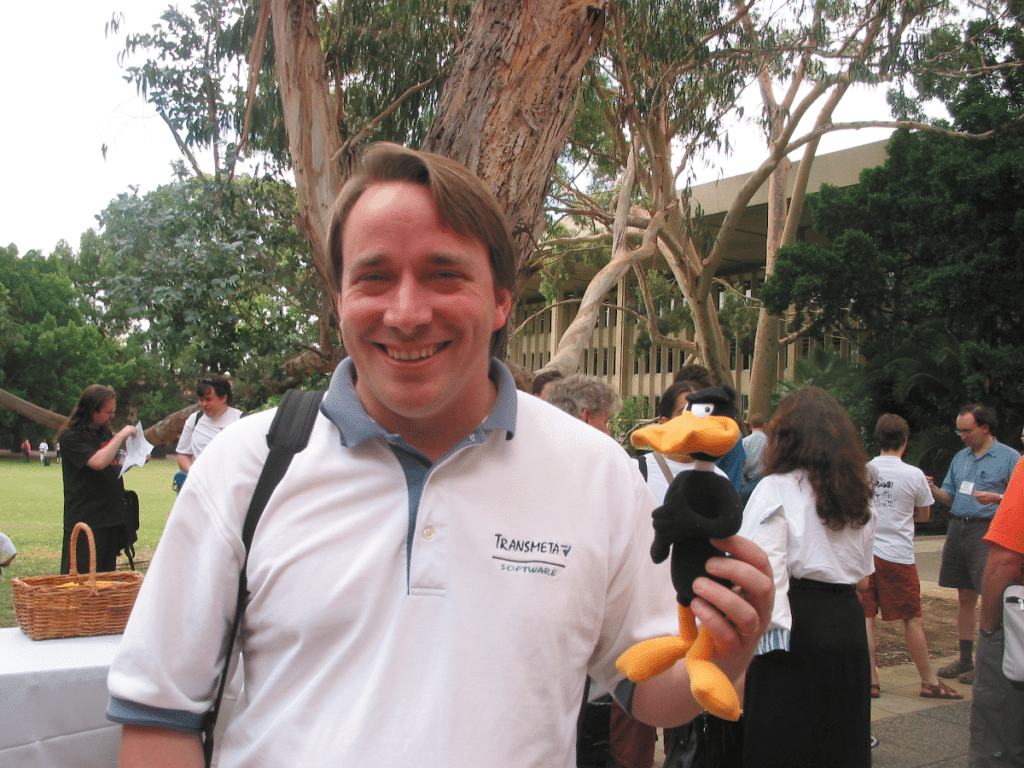
Linus and the Imposter Syndrome sounds like a saga for tweens. However, is the description of one of the confessions that the creator of Linux did at a free software conference in France.
It seems like like Jorge Luis Borges, he won't be lecturing our Finnish friend. You prefer to talk to people you trust. In this case the chosen one was Dirk Hohndel, General Director of Free Software of VMware.
Linus and the impostor syndrome How does it affect you?
Under the term "impostor syndrome" are included a series of feelings of not being up to par despite obvious success.
The «impostors» suffer from chronic self-doubt and a sense of intellectual fraud that nullifies any feeling of success or external evidence of your competence. Those who suffer from it are unable to internalize your achievements, no matter how successful In his field.
The paradox is that those who experience it they are usually people of extraordinary performance. In other words, impostor syndrome does not equate to low self-esteem or a lack of self-confidence. In fact, some researchers have linked it to el perfectionism, especially in women and among academics.
During the talk, which was part of the European Free Software Summit, Torvalds stated that are you satisfied with what is linux hoY. But, in the past he had doubts about his ability. In fact, admitted to having some variant of impostor syndrome.
Although Linux proved to be a success in every industry sector except the desktop, A Torvalds he was concerned that his work was nothing more than a reimplementationn of Unix.
How did you get over it?
Linus Torvalds is the creator of a project as successful as Linux: git.
Git is a distributed version control system for tracking changes to source code during software development. It is designed to coordinate work between developers, but can be used to track changes to any set of files.
Their characteristics are:
- Speed.
- Data integrity
- Support for non-linear distributed workflows.
Linus Torvalds created Git in 2005 for the development of the Linux kernel.
Unlike most client-server systems, each Git directory on each computer is a complete repository with full history and full version tracking capabilities, regardless of access to the network or a central server.
Git is free and open source software and is distributed under the terms of the GNU General Public License version 2.
Some of popular version control services like GitHub or GitLab are based on the work of Linus.
Torvalds says:
Git showed me that I can do it. Having two projects that made a big impact means I'm not a one-trick pony.
From to have withdrawn for a while kernel development, and about to reach half a century, Linus seems have reached a balance in your life. Famous for the harsh way in which he expressed his opinions, seems to have found a space for empathy:
One of the most important things that I propose to do is to be open so that the people who send me code, either as patches or as requests, understand that their work is - perhaps not appreciated because it is not always appreciated - but at least they will have an answer.
The leader who knows how to say No
Dirk Hohndel asked him what is your current job in Linux development. The answer was:
My job is to read and write a lot of emails. Actually, my work is, in the end, about saying "no." A person has to say "no" to this patch or that request to add something. This is because developers know that if they do something and I tell them they don't, then they do a better job writing the code.